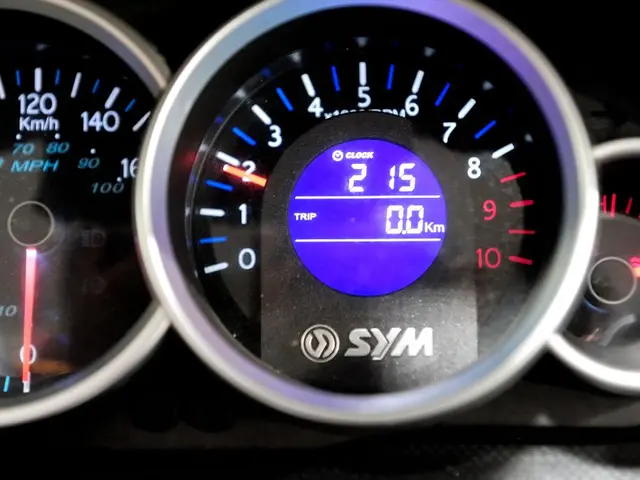Instructions for Solar Power Setup in Mobile Homes
Solar panels have become an essential addition for caravanners seeking off-grid power solutions. By converting sunlight into electricity, these innovative devices enable users to run appliances and gadgets while travelling or camping away from mains electricity, offering freedom, sustainability, and convenience.
### The Advantages of Solar Panels for Caravans
1. **Power Independence:** Solar panels let caravanners generate and store electricity without relying on external power sources, making them essential for off-grid travel and remote stays. 2. **Eco-Friendly:** They produce clean, renewable energy with no emissions or noise, reducing environmental impact compared to fuel generators. 3. **Cost Savings:** After initial setup, solar energy is free, lowering the cost of fuel or campsite electricity fees over time. 4. **Portability & Flexibility:** Panels can be roof-mounted or portable/foldable, allowing users to optimize their position in the sun and store panels efficiently. 5. **Durability:** Many caravan solar panels are weatherproof and robust, suited for outdoor environments including rain and dust. 6. **Extended Travel:** With enough capacity, users can power multiple appliances, including air conditioning, supporting longer or family travel.
### Types of Solar Panels for Caravans
Caravan solar panels come in three main types: monocrystalline, polycrystalline, and thin-film amorphous. Monocrystalline panels, made from single-crystal silicon cells, are typically black, high efficiency, and compact in size. They are preferred for caravans due to their higher efficiency and smaller size, ideal where roof space is limited. Portable panels, often using monocrystalline cells, are lightweight, foldable, and offer flexible placement. Fixed or roof-mounted panels are permanently mounted on caravan roofs and are always collecting solar energy.
### How Solar Panels Work in Caravans
1. **Solar Panels:** Convert sunlight into direct current (DC) electricity using photovoltaic (PV) cells. 2. **Charge Controller:** Regulates voltage and current from panels to batteries, preventing overcharging and damage while optimizing battery health. 3. **Batteries:** Store DC electricity for use during periods without sun (night or cloudy days). 4. **Inverter (optional):** Converts stored DC power to alternating current (AC) if needed to run conventional appliances.
### Additional Details
- Many caravan systems utilize 12V setups for simplicity and compatibility with automotive-style batteries and appliances. - Weatherproofing with materials like ETFE protective film and IP68-rated panels ensures durability and consistent performance in diverse climates. - Portable panels typically weigh around 16kg and fold into protective cases for easy transport and storage.
In conclusion, solar panels provide efficient, eco-friendly power independence suited for off-grid adventures. Monocrystalline panels (roof-mounted or portable) are common, combined with charge controllers, batteries, and optional inverters to reliably power appliances away from mains electricity. For added advantages, consider a lithium leisure battery like the Lifos LiFePO4 lithium iron phosphate battery.
- With their ability to power various appliances and gadgets, solar panels contribute to a tech-savvy, sustainable lifestyle for caravanners, enhancing their Off-Grid power solutions.
- By utilizing solar technology to run appliances and gadgets, caravanners can take advantage of the eco-friendly and convenience-enhancing benefits of clean, renewable energy while traveling or camping.




